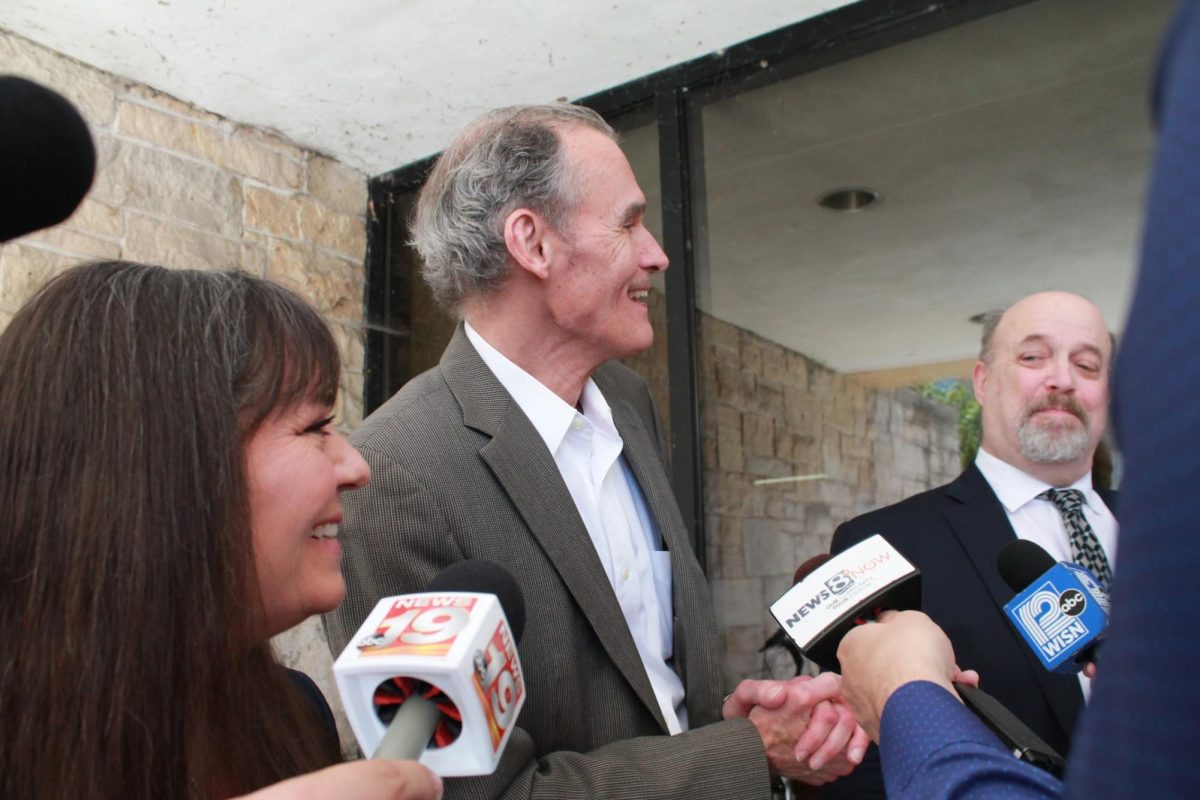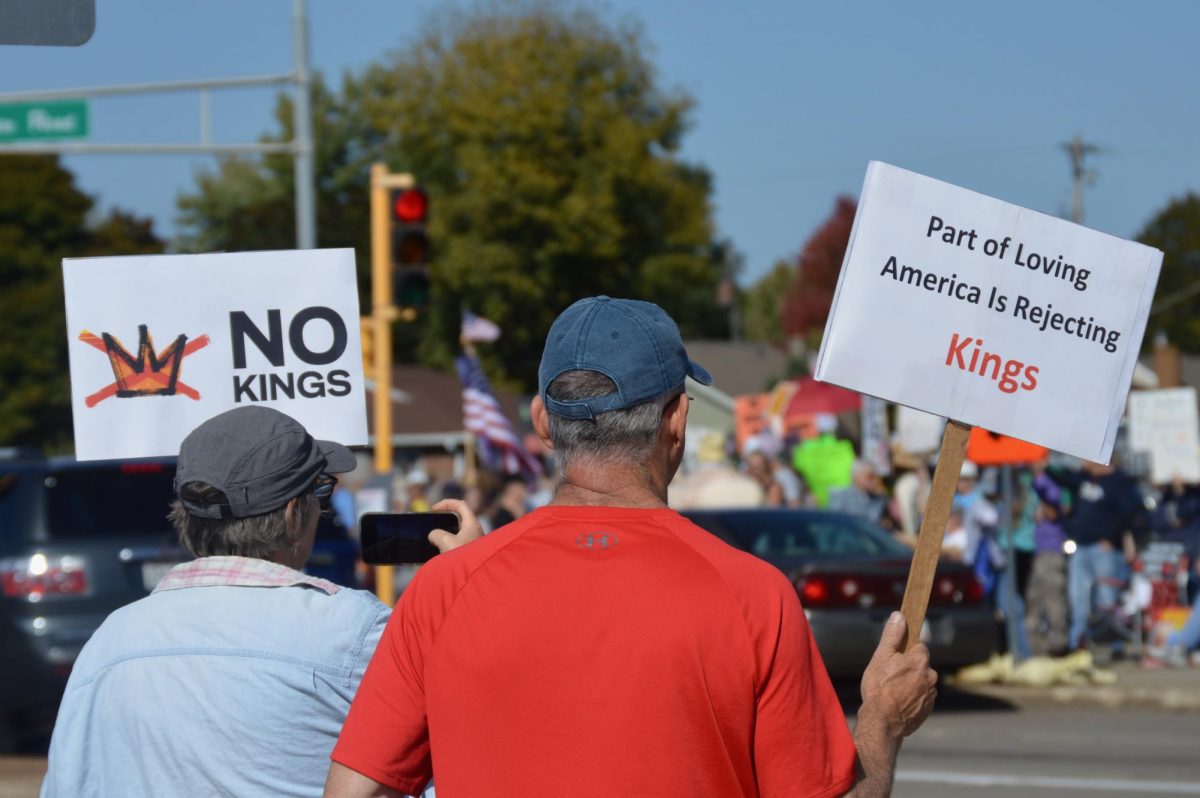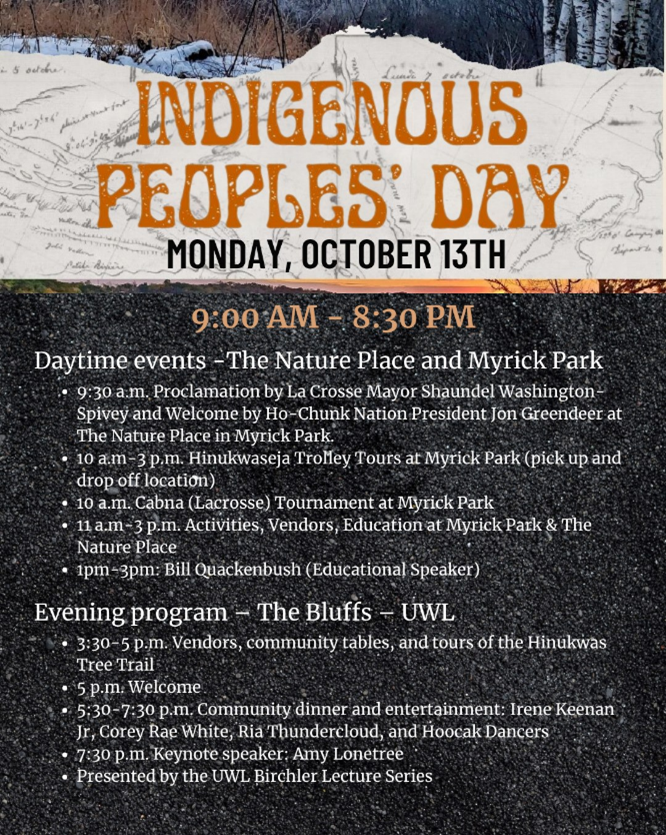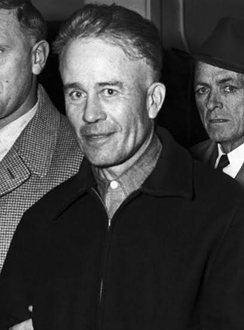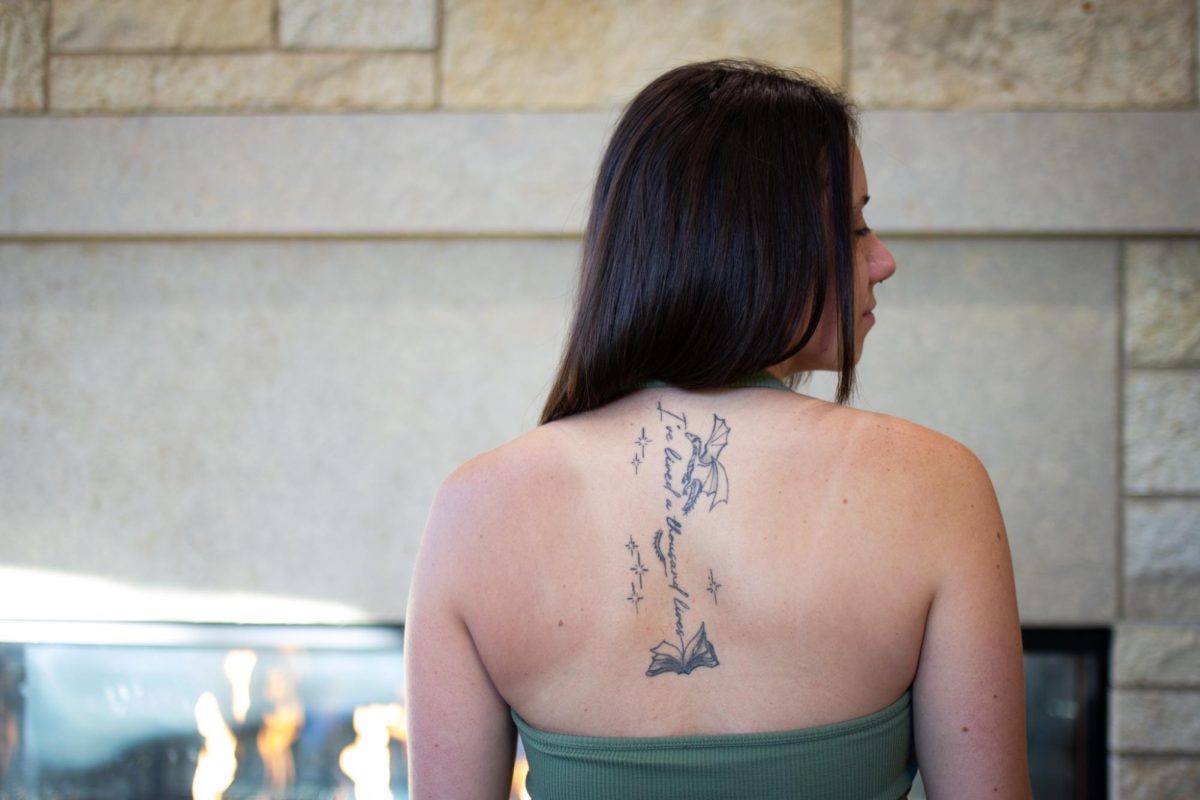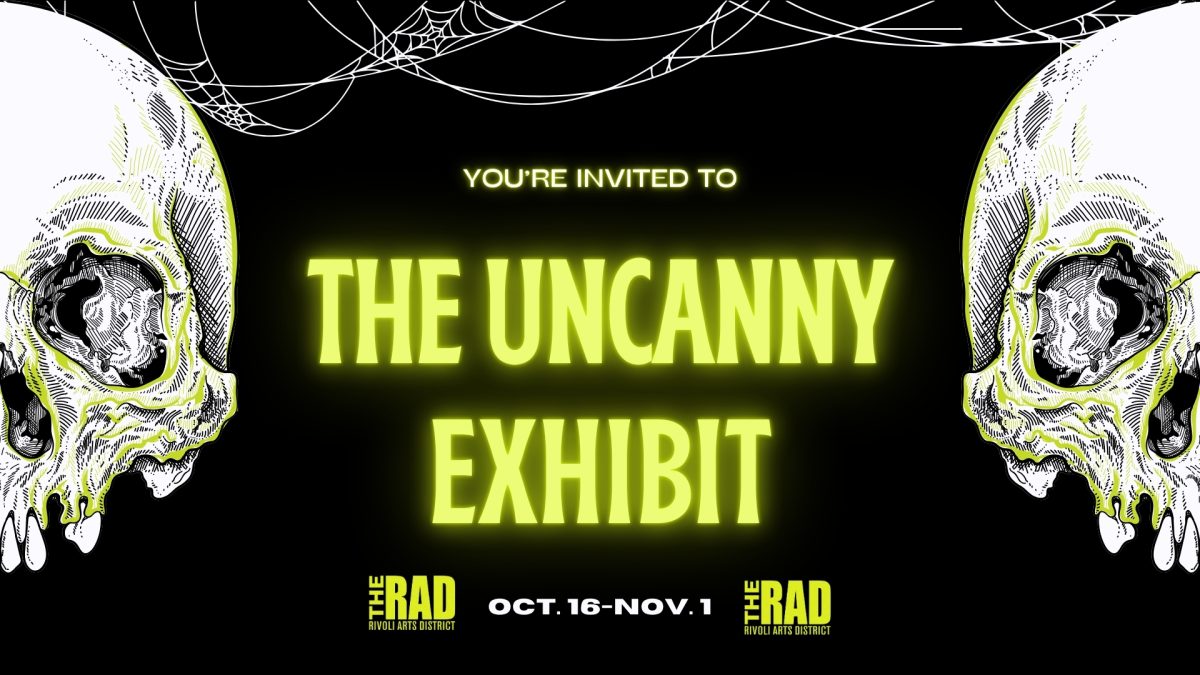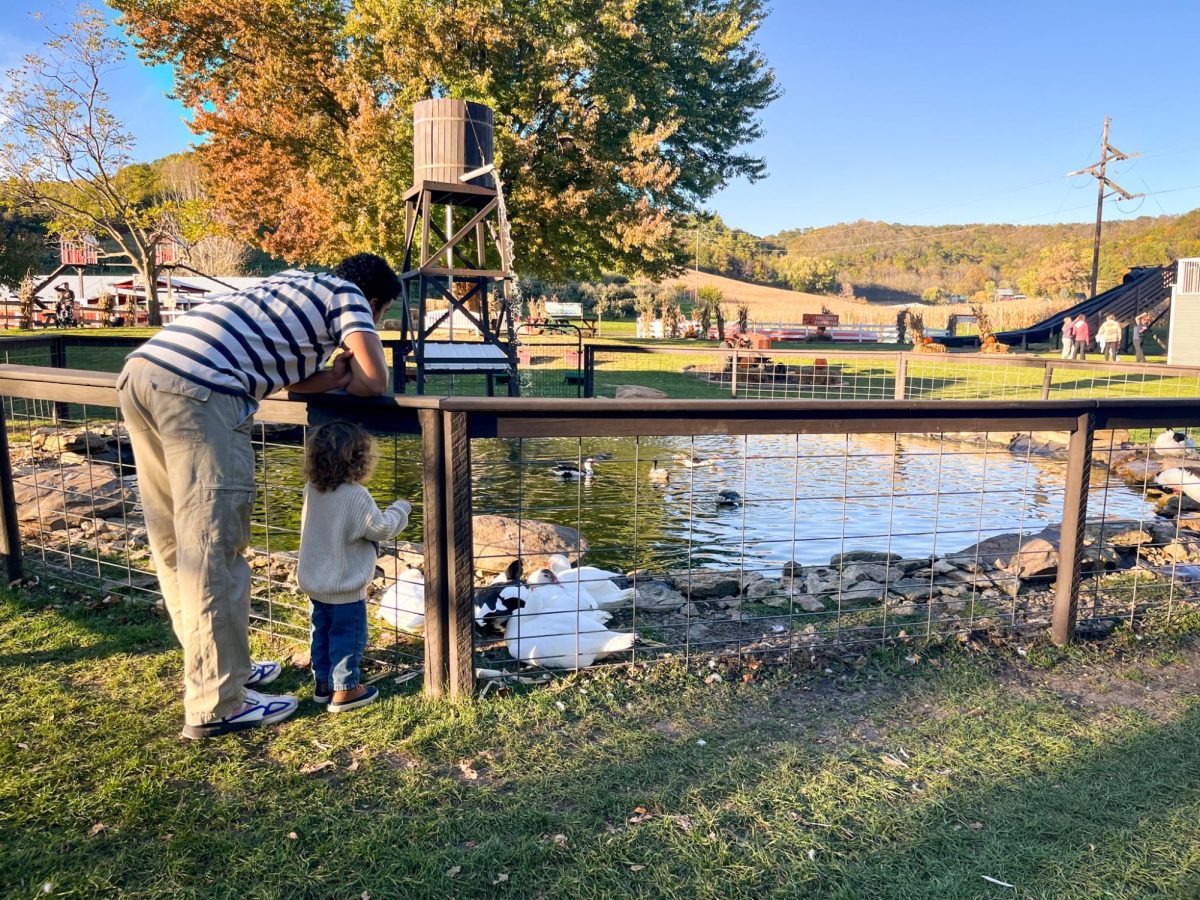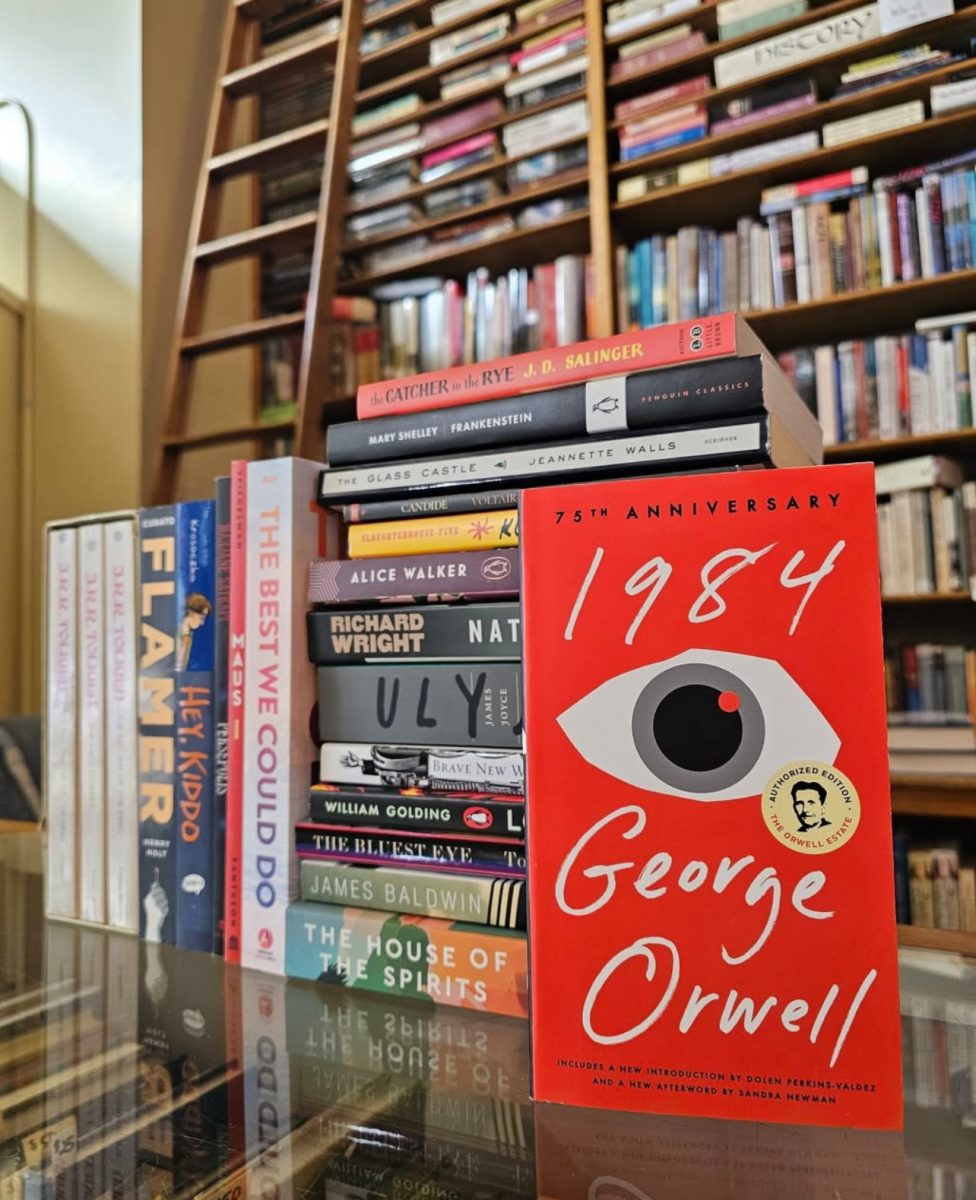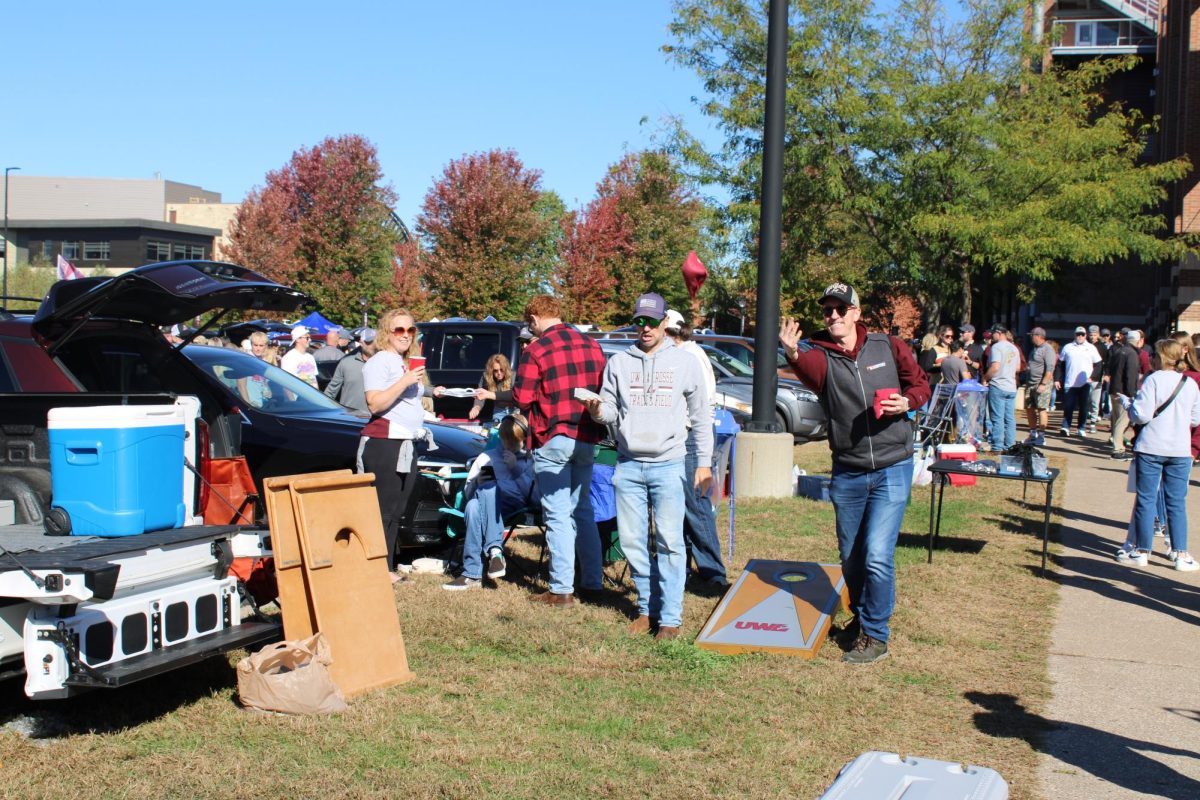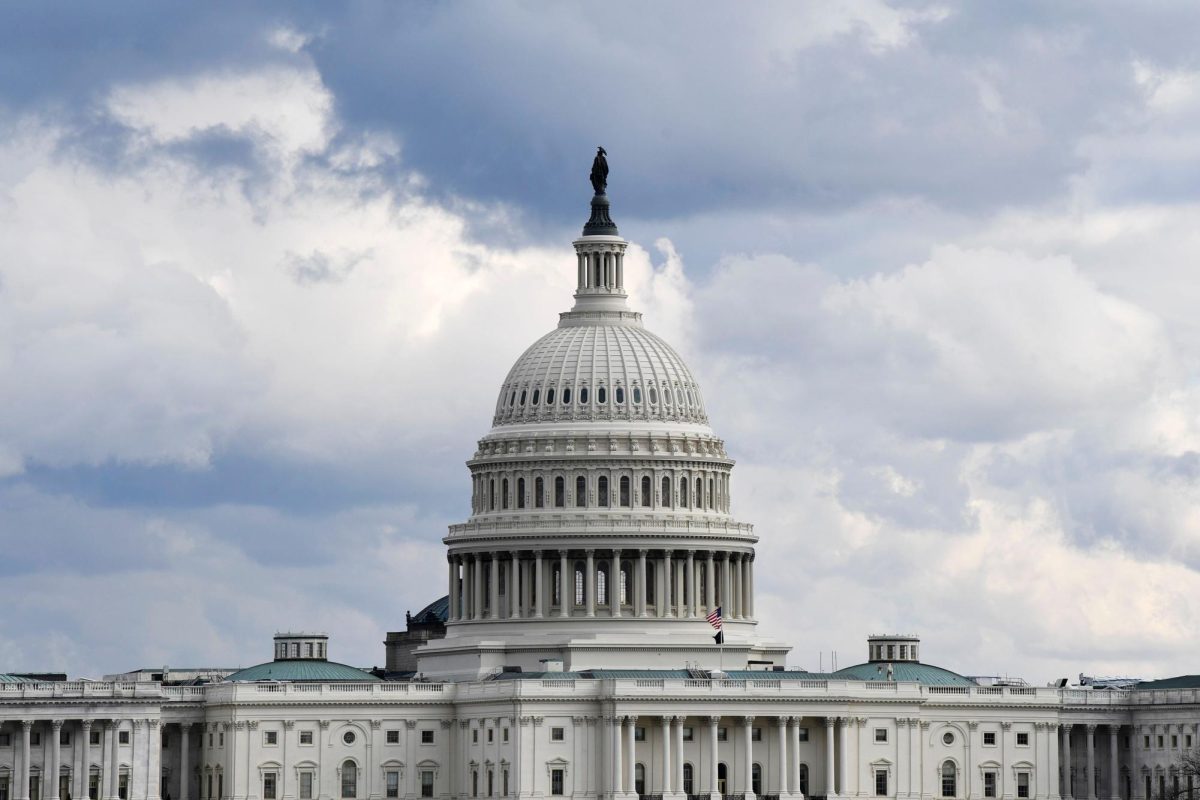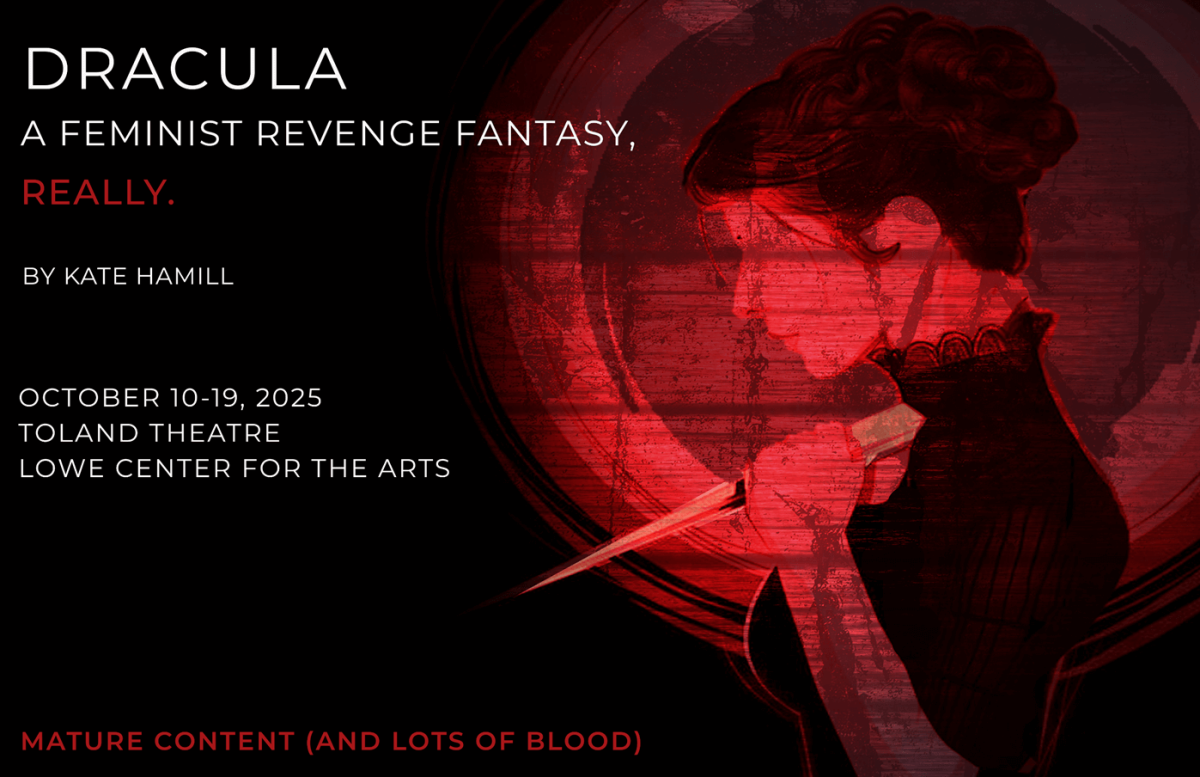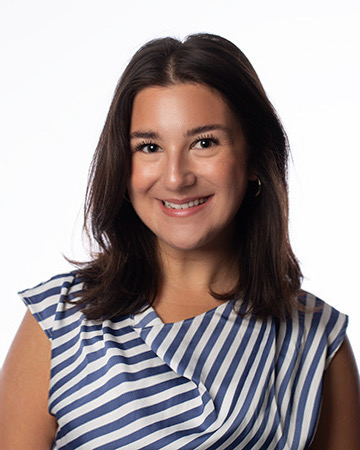Just over nine months ago on Dec. 27, 2023, University of Wisconsin-La Crosse students, faculty and staff received an email announcing Besty Morgan as interim chancellor after a University of Wisconsin System Board of Regents closed-door meeting. A note from Morgan included in the email read, “I also want to acknowledge how challenging it is for the campus to face a change like this on such short notice.”
The change was a result of the Board of Regent’s discovery of former Chancellor Joe Gow’s involvement in pornographic content with his wife, Carmen Willson, and adult film stars. Gow’s status as chancellor was unanimously revoked, however, he remained a tenured faculty professor of communications come Spring 2025.
Later in June after a two-day disciplinary hearing, the UWL faculty hearing committee recommended the university dismiss Gow from his position as a communication studies professor and revoke his tenure.
On Sept. 20, the Regents’ Personal Matters Review Committee (PMRC) held the final hearing between Gow and UWL to answer not only the question of Gow’s future at UWL but also what constitutes free speech as a professor at a public university.
The hearing took place at noon on the top floor of Van Hise Hall at UW-Madison, home to the Board of Regents’ office. Similar to the hearing in June, this hearing was open to the public at Gow’s request. However, this time instead of representing himself, Gow was represented by Mark Leitner, an attorney from the Milwaukee-based law firm Laffey, Leitner & Goode LLC.
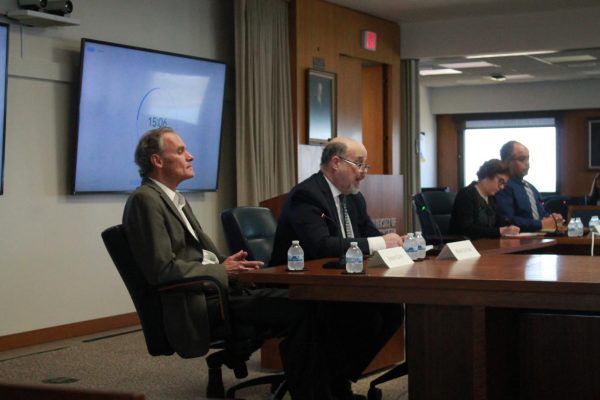
Wade Harrison and Jennifer Lattis, UW System attorneys, again represented UWL and both sides were given 20 minutes to present their case, followed by a 10-minute rebuttal.
“We are here today to hear arguments at demand of Chancellor James Beeby’s recommendation to dismiss Dr Joseph Gow professor at the University of Wisconsin-La Crosse,” said Chair of the PMRC Ed Manydeeds.
Beeby was named UWL’s 11th chancellor following a search and screen for the soon-to-be-open position after Gow announced his retirement on Aug. 30, 2023. With the fall semester now underway and Beeby serving as chancellor, it is his recommendation to revoke Gow’s tenure that the Regents are set to consider.
The hearing began with a 20-minute time slot for the UW system to present its case.
“His [Gow’s] core argument is that his conduct at issues is protected by the First Amendment and that it is unlawful for the university to terminate his employment because the university’s interest do not trump Dr. Gow’s interest, the university disagrees,” said Harrison, the attorney representing UWL.
Harrison highlighted a few points from the UW system’s brief.
UW system used the Supreme Court precedent set in San Deigo v. Roe to explain how Gow’s actions were not protected under the First Amendment. The Supreme Court case out of San Deigo involved a government employee, a police officer, who was fired for selling a video on eBay of him stripping off a police uniform and masturbating.
The court wrote, “… a governmental employer may impose certain restraints on the speech of its employees, restraints that would be unconstitutional if applied to the general public.”
Harrison said, “Gow’s pornography videos are not protected by the First Amendment because they are not under Roe v. San Deigo, a public employment case with similar facts to the current case over matters of public concern.”
Apart from the pornographic content, Harrison explained Gow’s other basis for termination, insubordination.
Harrison explained how Morgan had asked Dr. Gow to participate in an in-person interview which he declined, instead offering written statements while awaiting representation. The university, however, was not required to accept this alternative method of responding to questions.
“There is no valid reason Dr. Gow did not participate,” said Harrison. During the investigation in the spring semester of 2024, Gow was paid $50,000 and asked to complete, as Harrison put it, “one assignment”.
Harrison pointed out Gow did travel to Mexico during this period. He cited the UWL exhibit, “There is a picture of Dr. Gow on a beach with a beer and cocktails with the caption, ‘Taking a little break today from pornography and politics #sexpositve'”
Gow had argued that in the initial hearing in June, UWL had no evidence demonstrating how his actions had harmed the university’s reputation. In response, Harrison said, “Remarkably Dr. Gow seems to suggest that the university must suffer irreparable harm from his presence in the classroom before it can take steps to prevent that harm from taking place.”
Harrison explained how this argument ignores Morgan’s testimony in the June hearing that discussed the increased workload UWL staff had to do to, “counter the negative effects Dr. Gow’s activities had on the campus.”
Morgan and Harrison identified these negative effects as criticisms or complaints from prospective parents, former students, legislators, and donors.
Finally, Harrison said the faculty committee found he had violated the Acceptable Use of Information Technology Resources Policy because of the emails to his university-issued devices advertising sex toys and other sex products, the use of his UWL email to purchase two books regarding pornography and the credentials to log into two pornographic websites were saved on two laptops.
“Dr. Gow has largely gotten what he wants through this process, a large media presence that continues and a great marketing opportunity for his cooking and adult content, it is time to bring this matter to a close,” said Harrison. “Enough is enough. Dr. Joe needs to go.”
Mark Leitner, representing Gow, had 20 minutes to present Gow’s case.
“This is a First Amendment case that involves punishment for the content of speech, you cannot get closer to the core of the First Amendment than that,” said Leitner.
Leitner reminded the Regent that this proceeding should be decided through their own publicly professed commitment to the values of free expression.
Leitner explained that just because Gow’s views on what promotes a healthy and stable marriage and monogamy are not in line with the majority of society’s views doesn’t matter in this case. “We don’t need the First Amendment to protect what is popular, we need the First Amendment to protect what is not popular,” said Leitner.
Gow’s attorney argued that there was no connection between Gow’s video content and his role at UWL. In contrast, the Supreme Court case San Diego v. Roe, which UW system attorneys cited to justify Gow’s termination, involved a public employee who explicitly established such a connection.
“The public employee made videos of himself while wearing his police uniform, engaged in sexual conduct and made police officer gestures and actions,” said Leitner.
On the topic of reputational harm to UWL as a product of Gow’s actions, Leitner said there was no evidence of such harm.
Leitner wanted the Regents to take notice of the announcement UWL made on Sept. 18 welcoming its largest first-year class in school history this fall, with 2,325 students enrolled.
“Surely if the publicity attended to Dr. Gow’s activities were impairing UWL’s good name that [record enrollment] wouldn’t be happening,” said Leitner.
Leitner explained that the complaints from prospective parents, former students, legislators and donors were based on second-hand information, and none of those individuals testified during the June hearing.
Next addressed was UW system’s accusation of insubordination. “Dr. Gow had repeatedly said, ‘I am willing to be interviewed, I would like to wait until I have council…’,” said Leitner. In the June hearing, Gow had stated he was waiting for Foundation for Individual Rights and Expression (FIRE) to provide him an attorney.
Following both 10-minute rebuttals, the Regent’s had the opportunity to ask questions. No one in the committee directed any questions toward either party and the meeting went into a closed session.
The committee will now make a recommendation to send to the full 18-member board and all members may decide Gow’s fate Sept. 26 or 27 at their next monthly meeting.
At a press conference outside of Van Hise Hall, Gow became emotional as he remembered being interviewed for the chancellor position in the same building, 18 years earlier.
Gow commented on the lack of questions from the Regents, “That indicates to me that they’re not really interested in learning the full truth, and it’s very disappointing,” he said.
Gow told The Racquet Press he interacted with a student who now attends UW-Madison but transferred from UWL. “Free Joe Gow”, the former UWL student shouted to him and Wilson while at dinner.
“He was wonderfully supportive and thought that we’re getting a bad deal,” said Gow. “I would love to get back in the classroom and I think there are a lot of people that would like to take classes with me.”
Gow understands some students’ possible reluctance but also feels some students would understand the real-world media experience he has gained through this situation and how that could be informative in the communications studies department.
If the Regents do not vote in Gow’s favor he stands to lose over $310,000 in unused sick leave. As a state employee unused sick leave accumulates and often is received as payout after retirement. However, it is unlikely he will lose his pension. The Wisconsin Department of Employee Trust Funds administers pensions and generally protects earned benefits from being revoked, even in cases of termination or criminal charges.

